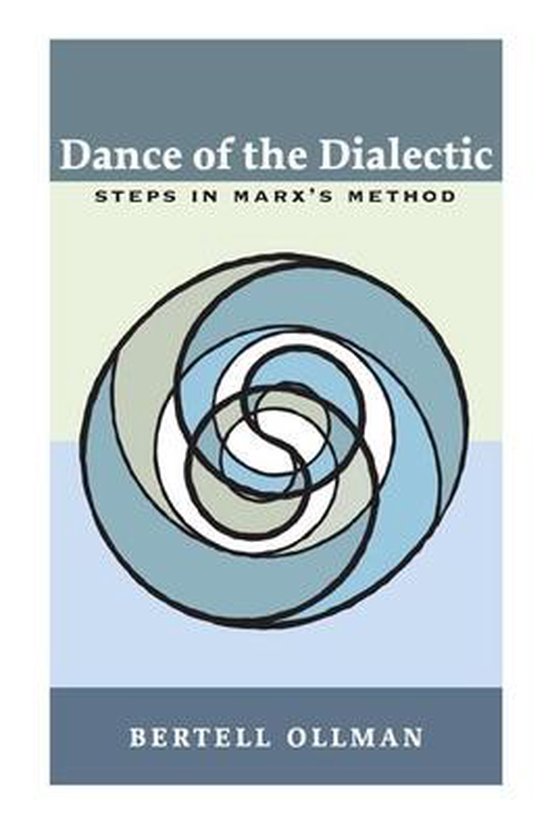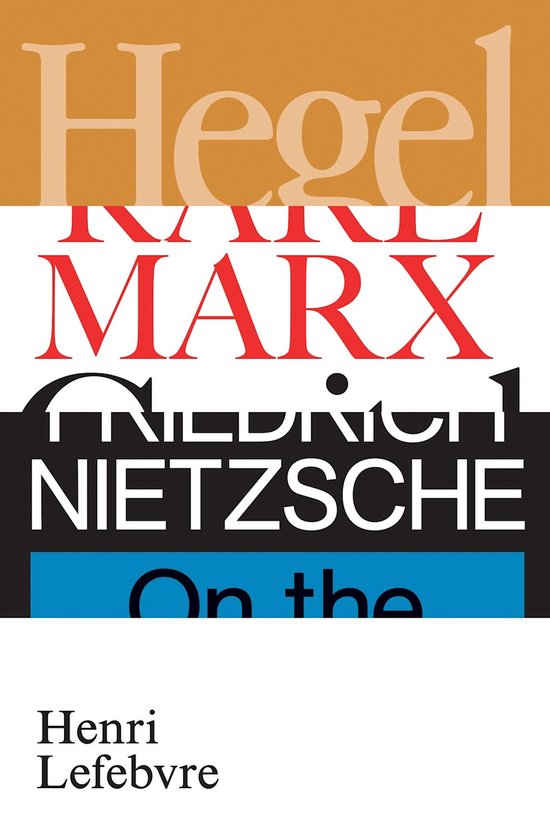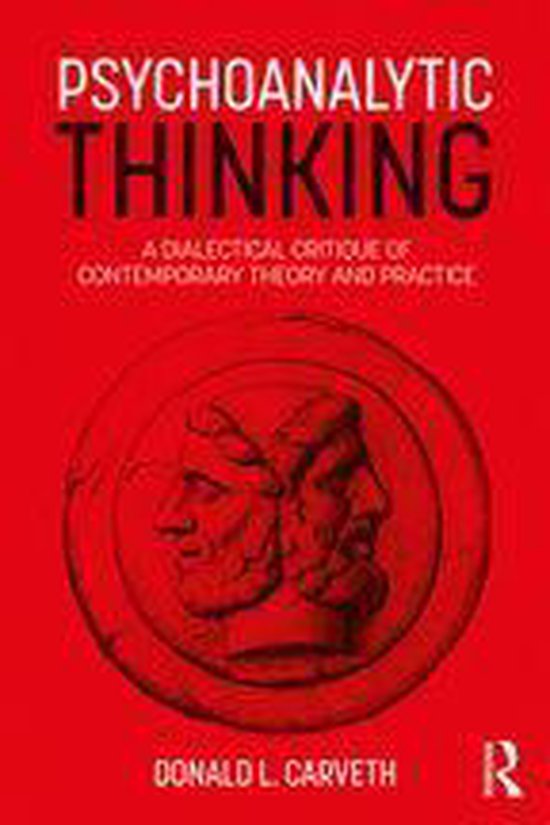
Dance of the Dialectic
Marx made creative use of dialectical method to analyze the origins, operation, and direction of capitalism. This book offers an analysis of Marx's use of the dialectical method. It not only sheds new light on what Marx really meant in his varied theoretical pronouncements, but also makes it possible for the reader to put the dialectic to work.
Bertell Ollman has been hailed as "this country's leading authority on dialectics and Marx's method" by Paul Sweezy, the editor of Monthly Review and dean of America's Marx scholars. In this book Ollman offers a thorough analysis of Marx's use of dialectical method.
Marx made extremely creative use of dialectical method to analyze the origins, operation, and direction of capitalism. Unfortunately, his promised book on method was never written, so that readers wishing to understand and evaluate Marx's theories, or to revise or use them, have had to proceed without a clear grasp of the dialectic in which the theories are framed. The result has been more disagreement over "what Marx really meant" than over the writings of any other major thinker.
In putting Marx's philosophy of internal relations and his use of the process of abstraction--two little-studied aspects of dialectics--at the center of this account, Ollman provides a version of Marx's method that is at once systematic, scholarly, clear and eminently useful.
Ollman not only sheds important new light on what Marx really meant in his varied theoretical pronouncements, but in carefully laying out the steps in Marx's method makes it possible for a reader to put the dialectic to work in his or her own research. He also convincingly argues the case for why social scientists and humanists as well as philosophers should want to do so.
Bertell Ollman has been hailed as "this country's leading authority on dialectics and Marx's method" by Paul Sweezy, the editor of Monthly Review and dean of America's Marx scholars. In this book Ollman offers a thorough analysis of Marx's use of dialectical method.
Marx made extremely creative use of dialectical method to analyze the origins, operation, and direction of capitalism. Unfortunately, his promised book on method was never written, so that readers wishing to understand and evaluate Marx's theories, or to revise or use them, have had to proceed without a clear grasp of the dialectic in which the theories are framed. The result has been more disagreement over "what Marx really meant" than over the writings of any other major thinker.
In putting Marx's philosophy of internal relations and his use of the process of abstraction--two little-studied aspects of dialectics--at the center of this account, Ollman provides a version of Marx's method that is at once systematic, scholarly, clear and eminently useful.
Ollman not only sheds important new light on what Marx really meant in his varied theoretical pronouncements, but in carefully laying out the steps in Marx's method makes it possible for a reader to put the dialectic to work in his or her own research. He also convincingly argues the case for why social scientists and humanists as well as philosophers should want to do so.
| Auteur | | Bertell Ollman |
| Taal | | Engels |
| Type | | Paperback |
| Categorie | | Mens & Maatschappij |





